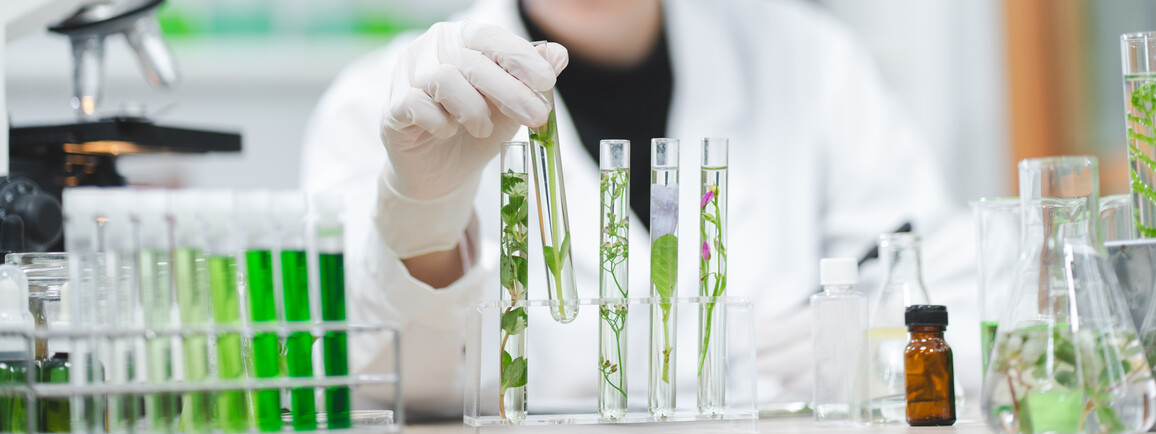Synthetic biology against neurodegenerative diseases : Date:
University of Cologne – Dr. Ernesto Llamas Pamanes
Recipient: University of Cologne
Funding: GO-Bio initial conceptual phase 4 (01/10/2023 to 30/09/2024, EUR 115,062.00)
Project description:
Huntington’s disease is a deadly neurodegenerative disease that affects humans. Despite extensive research efforts and scientific advances, it is still considered incurable. Therefore, Plantman’s team wants to use the tools of synthetic plant biology to contribute to the research of a therapeutic option. A central feature of Huntington’s disease is a toxic accumulation of misfolded proteins caused by an abnormally high number of the so-called polyQ fragment of the huntingtin protein. Although plants produce numerous polyQ-rich proteins, there are no known symptoms resulting from toxic accumulation of these proteins. Plantman’s team was able to show that after introducing a human huntingtin fragment into plants, these plants actively prevent the formation of toxic huntingtin aggregates. The plant protein responsible for this, called stromal processing peptidase (SPP), was expressed in human cells using synthetic biology in vitro (i.e., in a test tube). This prevented the toxic accumulation of huntingtin in the cells. These results may enable the development of a new therapy for Huntington’s disease and other diseases with toxic protein aggregation, such as ALS and Alzheimer’s disease. In the upcoming exploratory phase a concept for the best possible utilisation of the novel therapy is to be developed. To this end an IP strategy will be developed, the market will be analysed, the team will be enlarged and initial preliminary investigations will be carried out to characterise SPP.
